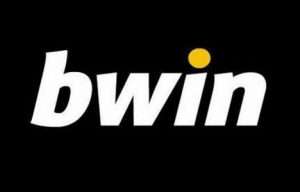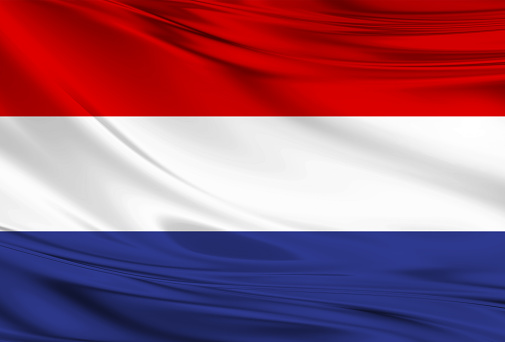Netherlands’ KSA Fines bwin €350,000 Over Unlicensed Online Gambling
The Netherlands’ Kansspelautoriteit (KSA), known in English as the Netherlands Gambling Authority, has handed down a €350,000 fine against bwin and its immediate parent entity, ElectraWorks Limited, after determining that bwin continued to offer online-gambling services targeting Dutch gamblers. The hefty fine marks the latest chapter in a battle between bwin, now part of the expansive GVC Holdings brand family, and Dutch gaming regulators.
The ruling by the KSA found that bwin intentionally ignored industry-wide declarations made in 2017 by the KSA regarding the illegality of online gambling services deemed to be aimed at Dutch gamblers.
 Bwin has six weeks to appeal the €350,000 fine, which actually covers only a few months of the rules-violating, Netherlands-directed services. The fine spans a time period beginning in August 2018 and running into early 2019, and also, as the KSA’s ruling made sure to note, occurred more than a year after the regulator issued its broad-based guidelines about the type of activity that would draw regulatory ire, and which bwin failed to incorporate.
Bwin has six weeks to appeal the €350,000 fine, which actually covers only a few months of the rules-violating, Netherlands-directed services. The fine spans a time period beginning in August 2018 and running into early 2019, and also, as the KSA’s ruling made sure to note, occurred more than a year after the regulator issued its broad-based guidelines about the type of activity that would draw regulatory ire, and which bwin failed to incorporate.
Bwin, which was originally an Austrian brand, first locked horns with the Netherlands in 2011, even before the Kansspelautoriteit was formed in 2012 with the intent of being an online-only Dutch gambling regulator. Bwin escaped its earlier clash with the then-overseeing Bureau of Gaming without being fined or blacklisted, but had to agree not to target the Netherlands with Dutch-language online pages, nor to advertise in Dutch media. Since the KSA was just in the process of being formed, the Dutch regulators also informed bwin that further restrictions would likely be added to the mix.
Fast forward to the summer of 2017, when the now fully-active KSA announced to the public — and specifically notified dozens of operators, including bwin — about several ways in which online services could be deemed as targeting Dutch gamblers. That list included but was not limited to these criteria:
- gaming offers via a website with a .nl extension (also including direct transmission through intermediary websites with a .nl extension);
- offers of games of chance displayed on a website in the Dutch language, whether or not this occurred post-login;
- illegal online gambling offers, advertised via radio or television or in printed media, aimed at the Dutch market;
- use of domain names that referenced the Netherlands or Dutch-themed concepts, in combination with gaming specifications (examples included “clog bingo”, “fun poker”, and or “red-white-blue-casino”;
- other characteristics from which a focus on the Netherlands can be derived (examples included pictures of typical Dutch icons like clogs or windmills, or bonuses that can be characterized as typically Dutch, such as stroopwafels, a type of cookie);
- the use of means of payment that are exclusively or largely through Dutch entities;
- the lack of (different variations) of geo-blocking.
The “means of payment” item is where bwin quite willingly, to be frank about it, violated the new restrictions. The KSA investigators found that bwin installed Netherlands-based online payment processor iDEAL as an option. Then, within the iDEAL pages on bwin’s site, a description offered: “[iDEAL] is an online payment method in the Netherlands. It is a quick, secure and simple way to process payments on the internet.”
Making it even more blatant, the iDEAL pages then listed numerous banks that could be accessed via iDEAL, including ING, ABN AMRO, Rabobank, Fortis, SNS Bank, Bunq, Knab, SNS Regio Bank, ASN Bank, Triodos Bank and Van Lanschot Bankers. “All Dutch banks,” added the KSA.
The agency indeed used the specified channels to deposit a princely €20 on bwin, then make some wagers for evidence’s sake. The ruling did not specify what types of wagers were made, though it noted that pages linked to the iDEAL processor could be reached from all of bwin’s offerings, including sports betting, online slots, online poker, and other casino table games such as roulette and blackjack.
In its defense, bwin claimed its belief that since it had reached the settlement in 2012 which included only the Dutch-language and ad bands, it was entitled to ongoing personalized notifications of newer and tighter restrictions. The KSA ruling blasted those arguments, noting that it had previously specified that further restrictions would be forthcoming and that bwin acknowledged receiving later notifications about those heightened restrictions.

















COMMENTS